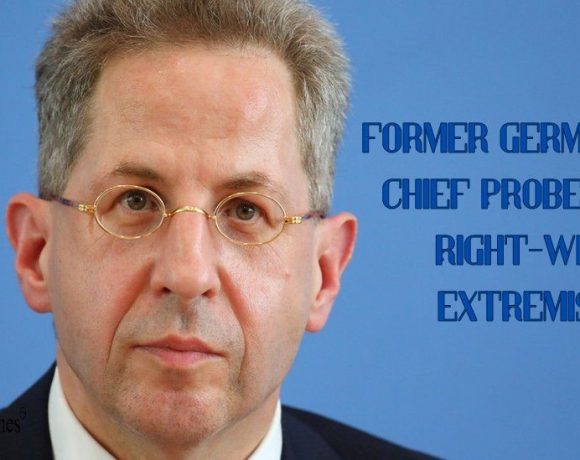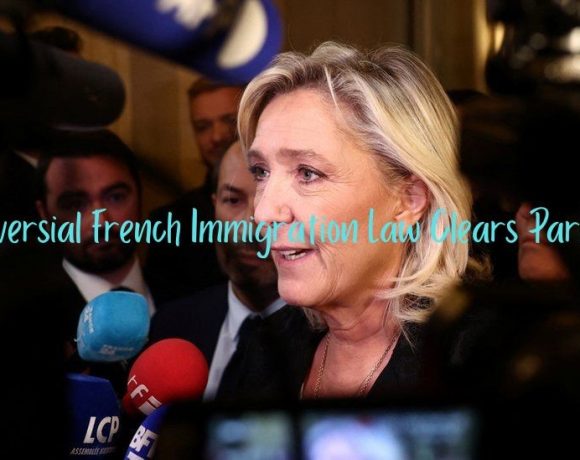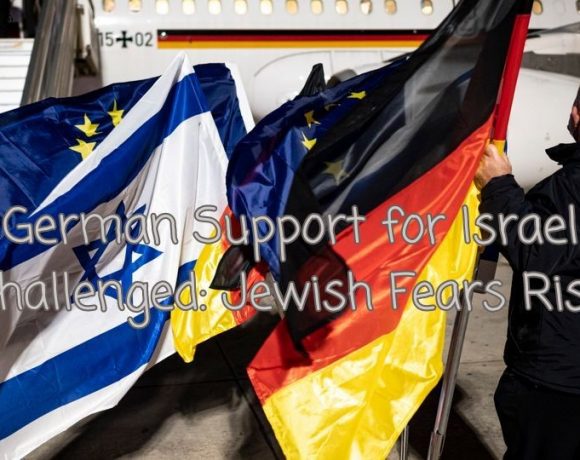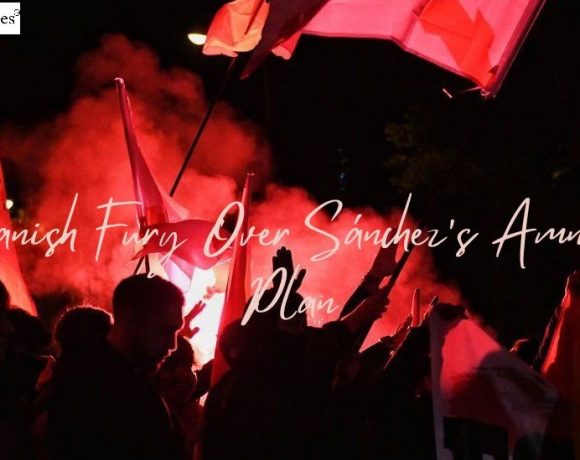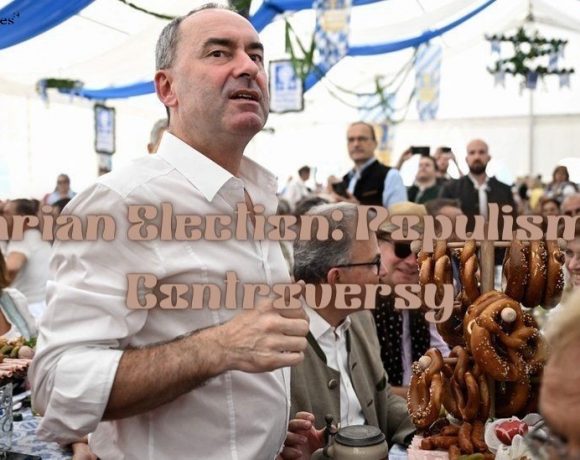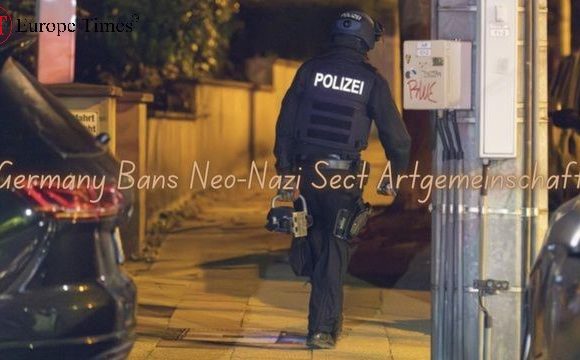
Portugal’s recent snap elections resulted in a fragmented parliament, with the center-right Democratic Alliance (AD) emerging as the leading party but falling short of a majority. President Marcelo Rebelo de Sousa has invited Luís Montenegro, a center-right politician, to form a minority government. However, with only 80 seats secured by the AD, alliances are necessary to pass legislation.
Montenegro’s appointment as prime minister follows consultations with party leaders and a refusal to collaborate with the far-right Chega party, despite their record gains. The rejection of Chega underscores the complexities of coalition-building in Portugal’s current political landscape, which faces its most fragmented parliament since the end of dictatorship.
As Montenegro assumes the role of prime minister, he confronts the challenge of navigating a divided parliament and securing support either from the Socialists or Chega to pass crucial legislation. His reluctance to divulge detailed strategies for forming a majority underscores the uncertainties surrounding the future governance of Portugal.
The premiership transition marks the departure of Antonio Costa, who led Portugal as Socialist party leader but resigned amid corruption allegations. Despite Costa’s departure, the issues that shaped voter discontent, such as low wages and rising rents, remain pertinent, highlighting the ongoing challenges facing the country’s leadership.
Picture Courtesy: Google/images are subject to copyright

